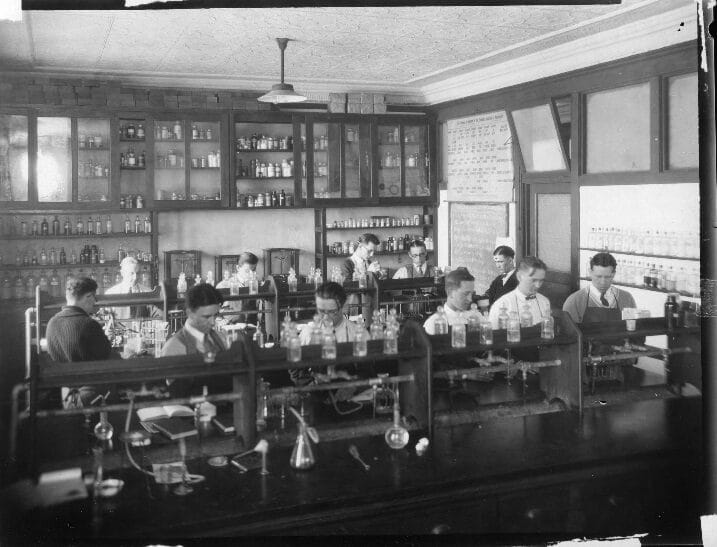
Legacy of Science
Uncovering BenU’s Remarkable Scientific Heritage
Explore the inspiring history behind Benedictine’s contributions to science, as revealed in A Legacy of Science: A Benedictine University History by Dr. Tim Marin ’96. Check out rare photos, a historical timeline, and behind-the-scenes insights into the making of the book and the legacy it honors. Read about it more in the Benedictine Magazine:
About the Book
A Legacy of Science: A Benedictine University History is more than just a chronicle of the University’s past. It’s a testament to the visionaries, educators, and students who shaped BenU into a beacon of scientific discovery. Meticulously researched and rich with firsthand accounts, the book reveals Benedictine’s surprising connections:
- The Manhattan Project
- The U.S. Space Program
- Argonne National Laboratory
- Nobel laureates
- And even E.T. the Extra-Terrestrial
Historical Timeline
1885 – St. Procopius Priory founded in Chicago
1887 – St. Procopius College opens
1901 – Campus relocates to Lisle, IL
1908 – First college-level science courses
1915 – Investment in science labs
1920s – Monks earn Ph.D.s in science fields
1940 – Opening of Procopius Hall – first standalone science building
1954 – Establishment of Physical Science Laboratory
1968 – St. Procopius College becomes co-educational
1969 – Opening of Science Learning Center (later Scholl Hall)
1970 – St. Procopius College renamed Illinois Benedictine College
1971 – Establisment of Jurica Natural History Museum
1996 – Illinois Benedictine College renamed Benedictine University
2001 – Opening of Birck Hall of Science
2013 – Campus opened in Mesa, AZ
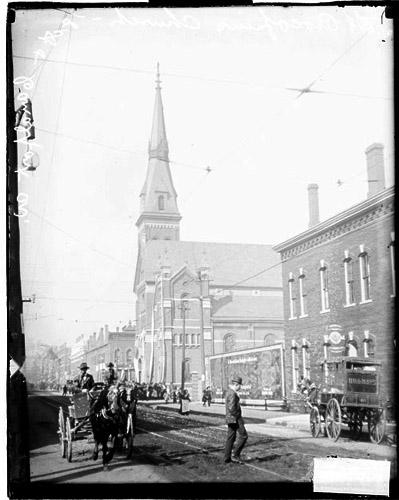
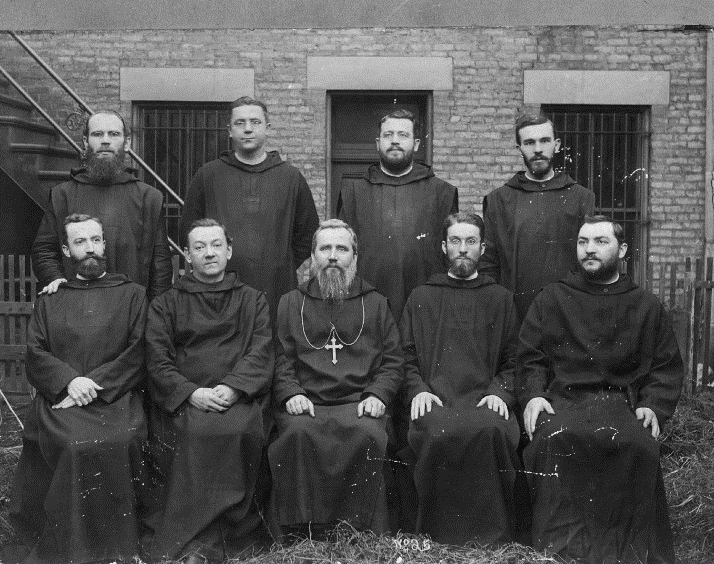
Dr. Marin, a proud BenU alumnus, spent years combing through archives, artifacts, and oral histories to piece together this extraordinary narrative. Some of BenU’s own physics and chemistry majors greatly assisted in the work, and BenU’s writing and publishing students aided in graphic design, formatting, and typesetting under the guidance of Professor Chris Birks, MA, of the Communication Arts faculty.
“The Benedictine monks who founded our science programs were educational revolutionaries of their time,” Dr. Marin reflects. “They didn’t just teach science. They immersed students in hands-on research, fostering a tradition of innovation that continues today.”
From its founding as a small priory to its modern-day research, Benedictine has long been a home for scientific innovation.
Images from the Archives
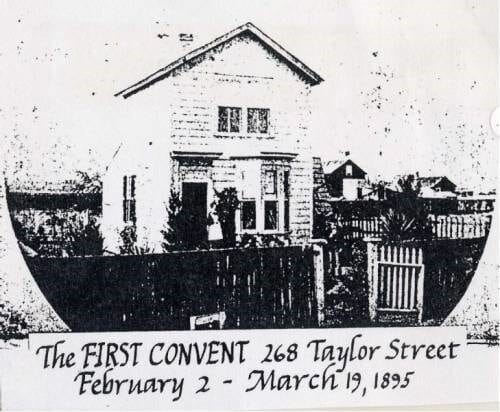
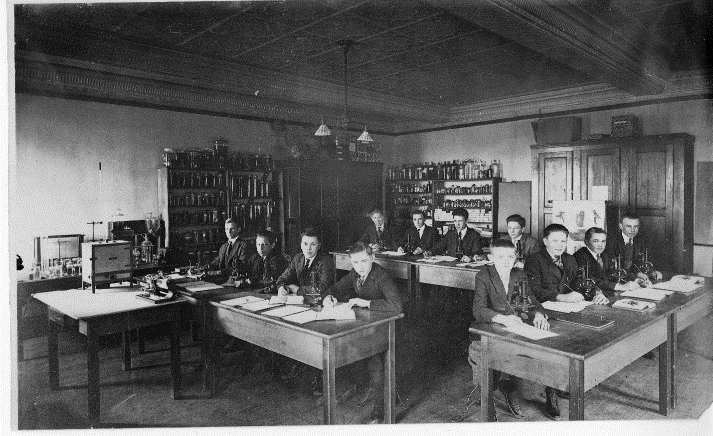
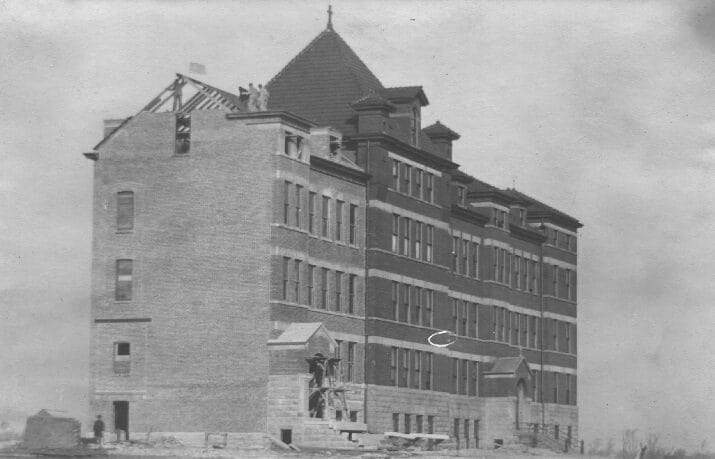
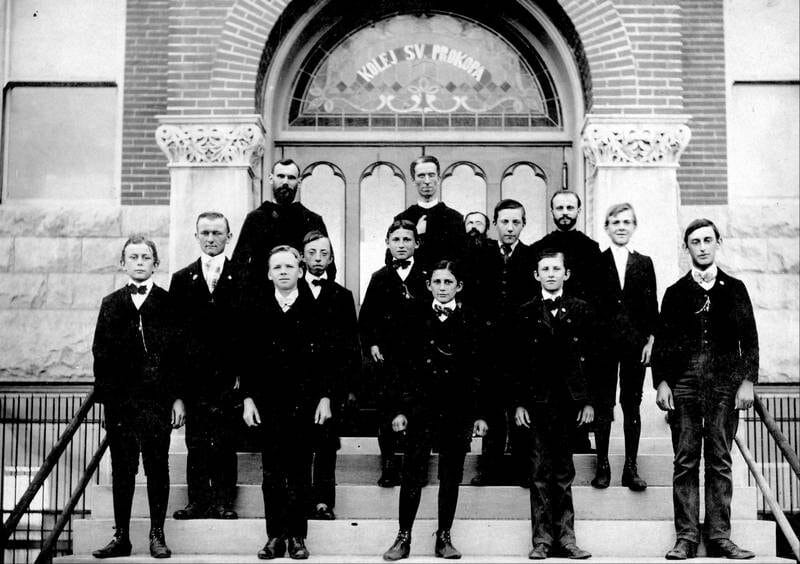
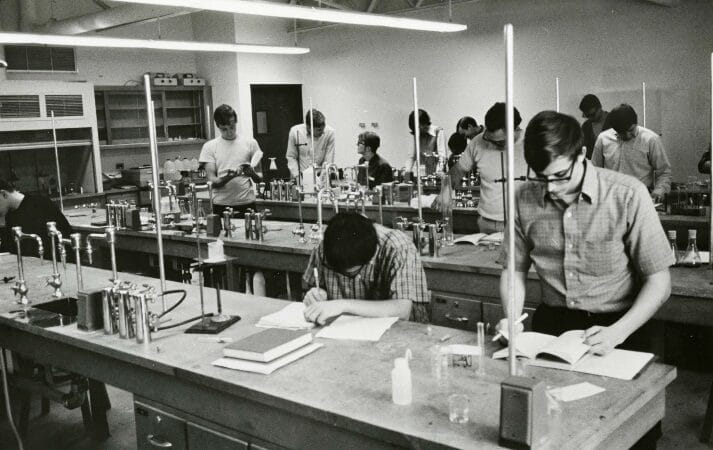
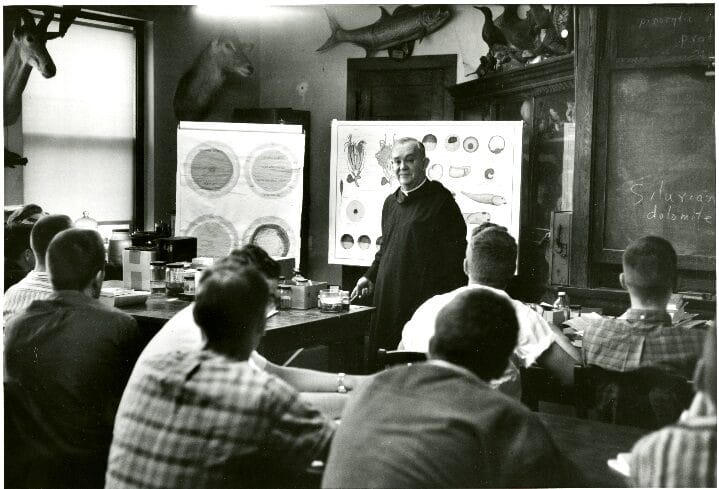
Continue the Legacy
This compelling history is now available for purchase on Amazon, with a portion of the proceeds supporting the College of Science and Health. Whether you’re an alum, a current student, or simply fascinated by scientific history, A Legacy of Science: A Benedictine University History offers a powerful reminder of how Benedictine University has shaped, and been shaped by, the pursuit of knowledge. BenU’s scientific story is still being written by today’s faculty, students, and alumni, pushing boundaries in research and education.
